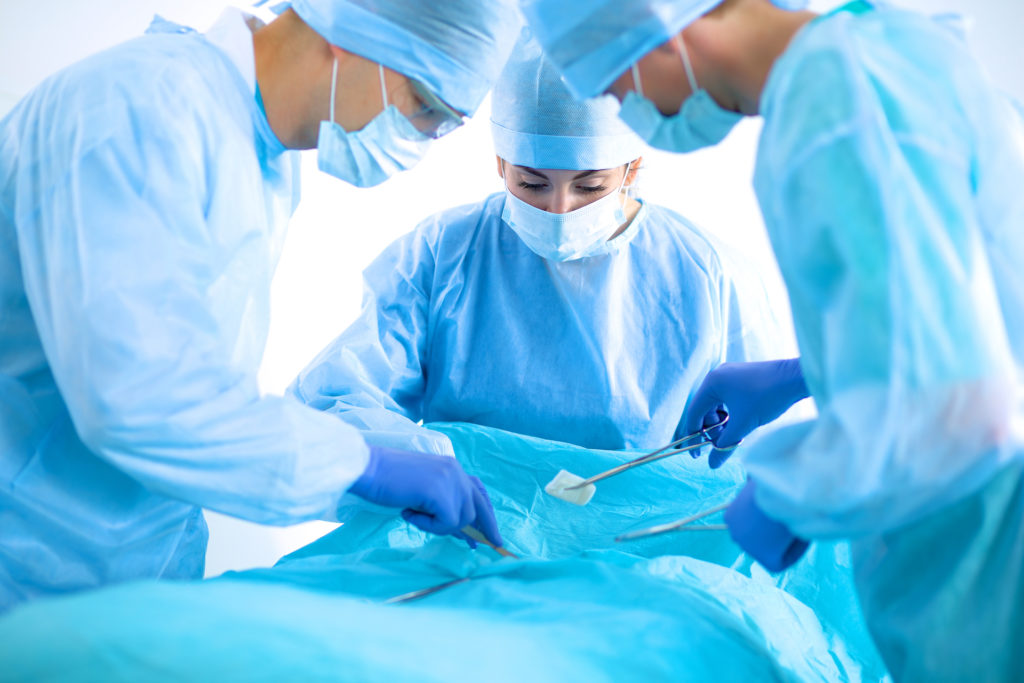Surgery & Trauma
How do probiotics help after surgery?
The past few years have seen an explosion of information about the role pre-surgical diets play in successful surgical outcomes. Poor pre-operative nutrition is often linked to an increase in complications like infections and slow wound healing. On the other hand, healthy pre-surgical diets are associated with better outcomes1. A healthy pre-surgical diet includes things like vitamins, minerals, amino acids, and probiotics.
1- Probiotics are great for the digestive system
Probiotics are live bacteria and yeasts that are good for your health, particularly your digestive system. We usually think of bacteria as something that causes disease and infection. Yet, the body is full of both good and bad bacteria. Probiotics are the good kind. They help to keep your digestive system running smoothly. Not surprisingly then, probiotics can play a key role in pre- and post-surgical nutrition.
2- Probiotics can help prevent diarrhea
Probiotics, when used following surgery, can accelerate recovery. They do so by helping boost your immunity and reducing the risk of infections. They are especially helpful in abdominal surgery where they aid the digestive system in fighting off things like antibiotic-associated diarrhea1.
3- You can boost the effects of probiotics
On their own. probiotics are an important part of any pre-surgical diet. But, they are even more effective with the addition of prebiotics1. Prebiotics are non-digestible carbohydrates that act as “food” for the probiotics. This means that the more food or prebiotics that probiotics have to eat, the more efficiently they work. You’re probably already ingesting prebiotics since they exist in many foods. For example, fiber is a great source of prebiotics and another good dietary source.
4- Where to get probiotics
Although there are different types of probiotics, most research supports the use of a species known as lactobacillus. You can take this species either alone or in combination with other probiotics2.
Probiotics come in many forms. These days, you’ll find them in more places than just yogurt or dairy products. You can also find probiotics in things like cheese and pickles. But the best way to get a consistent intake of probiotics in your diet is through surgery recovery supplements.
When it comes to surgery, probiotics are one of the most under-appreciated classes of nutrient. We all know about vitamins, minerals, and amino acids. Yet, probiotics are the unsung hero that aid in smoother, faster recoveries.
Looking after all aspects of your pre-surgical diet is important, but don’t forget the little things like probiotics. Many surgical patients do a lot to prepare for surgery but neglect nutritional preparation. Similarly, following surgery, they also neglect nutritional recovery. If your body has the proper nutrition, it is capable of a stronger recovery.
2- Susanne Hempel, Sydne J. Newberry, et al. Probiotics for the prevention and treatment of antibiotic-associated diarrhea, a systematic review and meta-analysis. JAMA. 2012; 307(18):1959-1969.



A friend had colorectal CRC surgery to re-connect her intestines after having a colostomy reversed. Rather than any kind of bland diet combined with probiotics, her doctor said “Eat whatever you want, try things out except for any corn related foods. And no probiotics, no additives.”
It has been 3 weeks now and her entire intestinal tract is inflamed. She goes from being constipated to days of diarrhea. She can barely clean herself because her rectal area is so inflamed. Food she eats shows up in her stool within 15 minutes of consumption.
Why would a Dr. be so against something that has been shown to help digestion in the intestinal system? Why aren’t these doctors educating themselves about the benefits of probiotics? It’s maddening to watch her health grow worse and worse, especially after she’s gone through chemo and radiation and surgery and lived to beat cancer. Now this?
I had another friend who could only eat with a feeding tube after a throat cancer episode. I introduced him to probiotics and within days, they were able to remove the tube, he could eat normal food and started gaining weight again. His doctor wanted to know what he was taking and he told them. The doctor had never heard of probiotics!!!
Why is western medicine so resistive and stubborn against new ideas??
Probiotics have so many benefits and we want people to know about them!
Can i take probiotic after d&c?